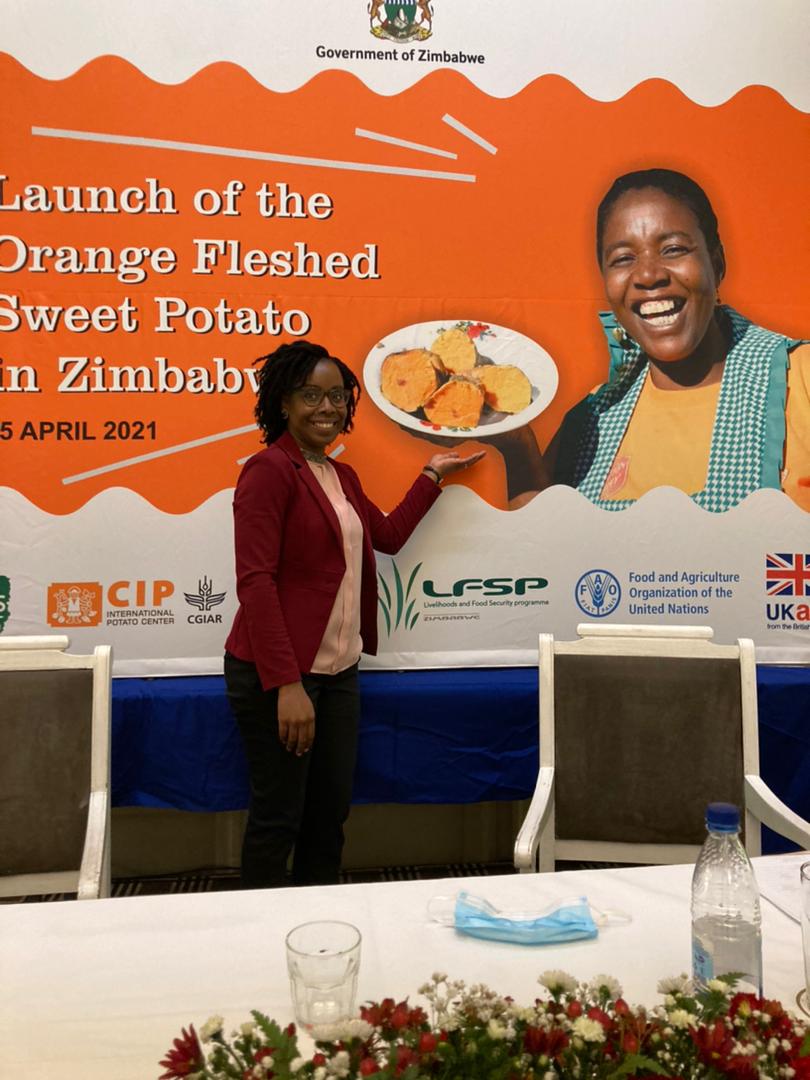The CGIAR Research Program on Climate Change, Agriculture and Food Security (CCAFS) and partners developed a website presenting the climate-smart agriculture (CSA) approach to food security and sustainable development. The website aims to help practitioners, researchers and decision-makers working with or interested in CSA. The site helps you get started and guide you on the ground, connecting you with all the resources you need to dig deeper. For countries following up on their commitments under the Paris Agreement, CSA Guide is a useful tool to set up mitigation and adaptation initiatives in agriculture.
The website is divided into six parts:
The basics - The basics section provides users with crucial information about what climate-smart agriculture is, how it helps address important challenges, how it is different from other sustainable agriculture approaches, and suggests introductory reading materials and videos.
Entry points - The next section gives an introduction into the numerous entry points for initiating CSA programmes. To help users navigate among them, they are presented under three thematic areas: Practices, Systems approaches and Enabling environments.
Develop a CSA plan - The website presents a specific approach to develop a CSA plan. This section was developed to provide a guide for operationalizing CSA planning, implementation and monitoring at scale. It consists of four subsections: Situation analysis, Targeting and prioritization, Programme support, and Monitoring, evaluation and learning.
Finance - The finance section offers an overview of potential sources of funding for CSA activities as national, regional and international levels. It also includes options to search among a range of funding opportunities according to CSA focus area, sector and financing instrument.
Resource library - In the resource library, users have access to all the references, key resources, key terms and frequently asked questions to get a quick overview that can be used as part of or independently of the other sections.
Case studies - And finally, the case studies section shows all the specific projects that are detailed in the basics and entry point sections. The interactive map allows users to view all case studies at once or filter the search by entry points. An extensive portfolio of content, a highly visual design, and user friendly interface will allow users to find specific points of interest or follow the flow of information from the basics section, over entry points to CSA, CSA plan, CSA finance, a resource library and case studies.







